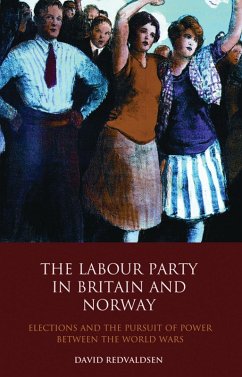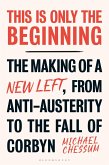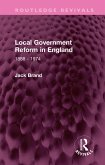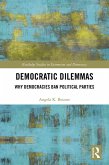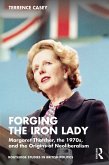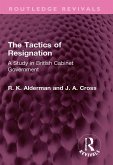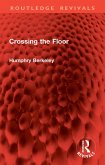In the aftermath of World War I and the Russian Revolution of 1917, the nature, aims and trajectories of the Labour parties of Europe were fundamentally altered and transformed. In this compelling and thoughtful analysis of the Labour parties of Britain and Norway, David Redvaldsen offers an insight into the successes and failures of these two parties as they faced the challenges of the economic and political situation of the interwar era and their relentless pursuit of power. Redvaldsen asks what made each party successful, and by proposing that the Labour Party of Norway was the more successful of the two, draws important conclusions that have resonance for the study of political parties in general. It will thus be of utmost relevance not only to students and researchers of left-wing politics, but also to those interested in the nature of the pursuit of power itself in the crucial interwar period.
Bitte wählen Sie Ihr Anliegen aus.
Rechnungen
Retourenschein anfordern
Bestellstatus
Storno

